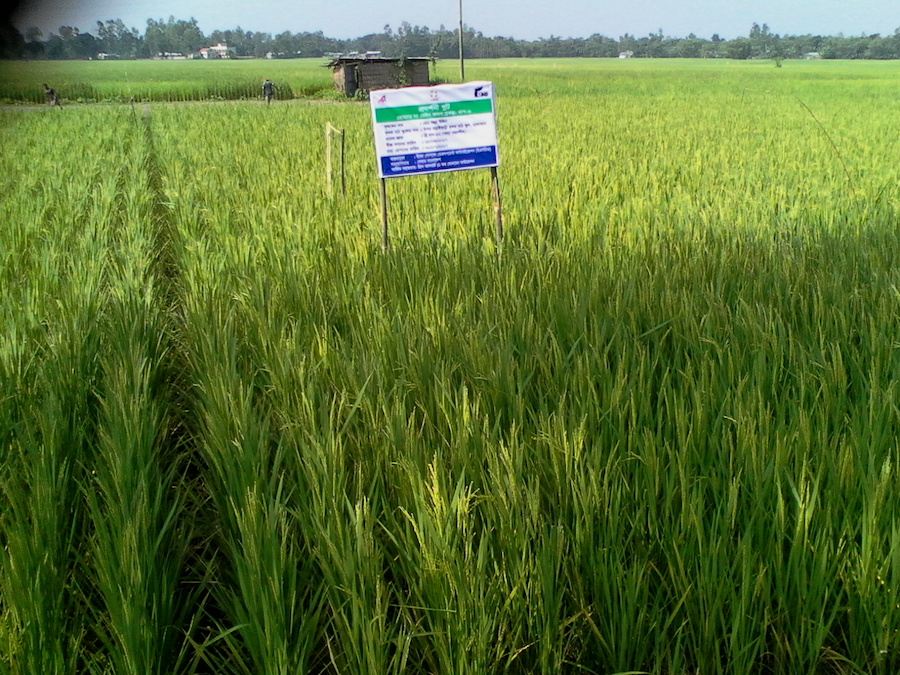‘When the Rain Falls’ program, backed by the Prince Albert II of Monaco Foundation, is changing the lives of people in Bangladesh by empowering locals with the means to adapt to the climate emergency.
In northwestern Bangladesh’s Kurigram district, more than half of the families live below the poverty line. While men work outside the home to earn an income, women must work in the fields in addition to their regular household chores. Their involvement in rural activities, especially rice cultivation, is vital to provide families with additional resources. Yet the persistence of traditional norms excludes women from decision-making, access to land and agricultural services.
In recent years, extreme weather events have become more frequent and have disrupted the daily lives of the inhabitants. Floods and droughts destroy crops and threaten the food security of the inhabitants.
Piloted by the international solidarity association CARE France, the ‘When the Rain Falls’ project aims to give 20 rural communities (6,500 beneficiaries) the means to adapt to the climate emergency, with an emphasis on the involvement of women.
As part of this project, farmers were grouped together in mixed working groups and worked together to set up new agricultural practices. Field trials were organised including 158 trial plots of flood-tolerant rice varieties, the introduction of mustard and vegetable gardens to provide alternative crops in case of poor rice yields, and the discovery of efficient and ecological methods for sowing rice, for fertilizing crops with compost, and for controlling insect pests.
The programme has involved public authorities at different levels to bring rural communities out of their isolation and to promote public policies to help them sustain the new practices. For example, local authorities have set up a seed bank system to secure farmers’ access to varieties adapted to local conditions.
At the same time, households have worked together to redefine workloads and change the place of women in family decisions and their access to the same opportunities as men.
Bangladesh is one of the countries most vulnerable to climate change and is also facing a growing population. To ensure the survival of rural communities and the protection of natural resources, programmes to transform agricultural practices are essential.
Photos: © Md. Anwar Hossen, ESDO

